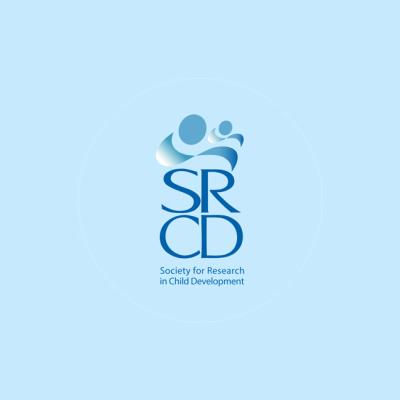Conceptualizing and Measuring Culture, Context, Race and Ethnicity: A Focus on Science, Ethics, and Collaboration in the Spirit of 2044
An SRCD 2019 Biennial Pre-Conference organized by the SRCD Ethnic & Racial Issues Committee (Dawn P. Witherspoon, Gabriela Livas Stein) in collaboration with SRCD Equity & Justice Committee and SRCD Asian, Black, and Latino Caucuses.
Watch Videos from the Pre-Conference
Download the slides from the Pre-Conference:
- Spirit of 2044 Introductory Slides by Drs. Gabriela Livas Stein and Dawn Witherspoon
- Using Research on Racially and Ethnically Diverse Populations to Inform Policy and Practice by Dr. Amanda Coleman, The Administration for Children and Families Office of Planning, Research & Evaluation
- Conceptualizing and measuring culture, context, race and ethnicity: Panel on policy and intervention implications by Dr. Lina Guzman, Child Trends
- Effective Policies and Interventions to Reduce Inequalities by Dr. Emilie Smith, University of Georgia
In 2015, the United States Census projected that by 2044, the U.S. will become a “majority-minority” country with no racial/ethnic group having a numerical majority. This shift is expected to occur for youth under the age of 18 by 2020. These demographic shifts challenge developmental scientists to examine unique and universal processes that promote the growth, thriving, and resilience of these populations in this new landscape and also take into account systems of oppression, power, privilege, racial justice and structural disadvantage. International perspectives are also critical as global patterns of immigration and migration have led to the increased diversification across the world. Building on key work done in the 1990s and 2000s (Helms et al,, 2005; Spencer & McLloyd, 1990; Garcia Coll et al., 1996; Knight et al., 2009; Spencer, 2006), this pre-conference will focus on measuring and conceptualizing “minority” populations within the context of the greater diversification of the U.S. (e.g., mono-racial/ethnic individuals as well as multiracial/ children and youth).
The goals of the pre-conference are as follows:
- Identify best practices in the conceptualization and measurement of race and ethnicity in developmental science at the individual and contextual levels,
- Stimulate a dialogue that translates to an actionable agenda designed to tackle issues of conceptualizing and measurement of key constructs associated with race/ethnicity, and
- Highlight key strategies for building interdisciplinary teams to conduct ethical and responsible work with diverse populations that include scholars of color.
The pre-conference will result in recommendations for scholars on how to move beyond description and achieve deeper measurement in our research across all methodologies (i.e., quantitative and qualitative). Additionally, working breakout groups will focus on critical issues in developmental science with diverse populations focusing on measurement, methodology, and ethics, and a follow-up invited salon at the biennial conference will highlight key recommendations on how to build interdisciplinary and collaborative research teams that bring the necessary expertise to tackle issues of race and ethnicity in the U.S and abroad. At the conclusion of the pre-conference, participants will have a better understanding of how we forge ahead to use and translate our scholarship to address the ethnic and racial issues of the U.S. and across the globe in the Spirit of 2044.
Speakers include: Drs. Richard Lee, Carlos Santos, Mia Smith-Bynum, Deborah Rivas-Drake, Eleanor Seaton, Gabriela Livas Stein, Niobe Way, Dawn Witherspoon, Rebecca White, Brandon Yoo, Emilie Smith, Amanda Coleman, and Lina Guzman.


